CANNES – Olivier Cohen’s intelligent mystery “Invisible Eyes” has all the conventions of a thriller about a woman alone in a house but confounds expectations by moving pleasingly into “Twilight Zone” territory.
The offbeat story, which stars German catwalk veteran Pia Mechler (pictured) as an over-the-hill supermodel who starts to believe the walls have eyes, also has echoes of the themes explored by Charlie Kaufman in “Adaptation,” with a puzzle about who’s really writing the script.
Marketed smartly, the handsomely made film could go beyond its obvious youth audience to draw in fans of classic film and television mysteries. It also features a late Peter Cushing-like appearance by the fine English stage actor Michael Mears as a key instrument in the plot.
The setup is simple. Gaby (Mechler) arrives at a large, remote English country home to spend time watching DVDs and reading scripts in order to move on from being a top model. Her manager/lover Dan (Simon Merrells) enthuses about her future but his manner suggests his words are artificial as he departs to the city.
Gaby soon claims to sense another’s presence in the empty house and begins to fantasize about her first lover, a young man who died in a motorcycle accident. Visibly unsettled, she starts to hear odd noises and receive weird notes. Answering her pleas for help, Dan suspects she’s losing her mind, not least because the notes are in her handwriting.
The French director establishes an unsettling tone that tickles the imagination in the mood of that wonderful word eldritch, but along with the requisite shocks, he delivers a smart and intriguing payoff.
Merrells, who has won plaudits in the Brando role in a stage production of “On the Waterfront” in London’s West End, makes his character ambiguously sinister and Mears nails his small but vital role.
Mechler’s German-inflected accent when speaking English at first suggests the attractive young actress will wobble when things get spooky but her ever-so-slightly stilted delivery serves the character well. It heightens the evocation of classic suspense movies, along with Damien Salancon’s music, which plays with the genre’s traditions while hitting all the right notes.
Venue: Festival de Cannes, Market; Cast: Pia Mechler, Simon Merrells, Michael Mears, Mark Tintner, Ross Armstrong; Director, screenwriter: Olivier Cohen; Director of photography: Darran Bragg; Production designer: Gaelle Lindingre; Music: Damien Salancon; Costume designer: Nadya Lubrani; Editor: David Laurence; Producer: Liz Rosilio; Production company: HiDe Films; Sales: HiDe Films; Not rated; running time, 107 minutes.
This review appeared in The Hollywood Reporter.

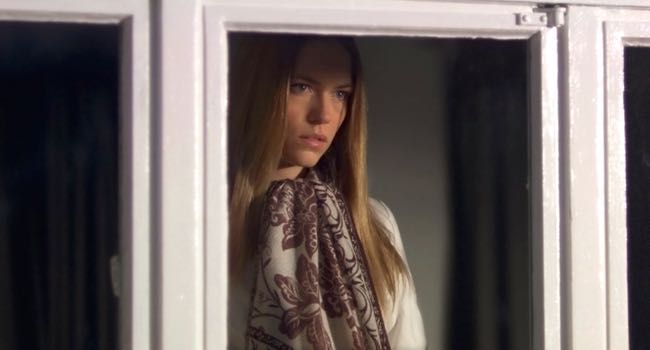
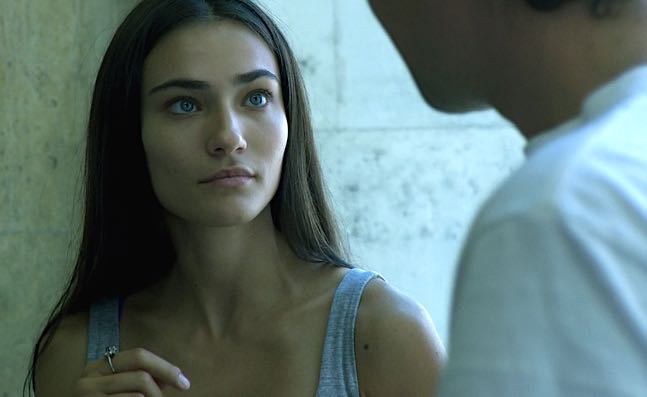
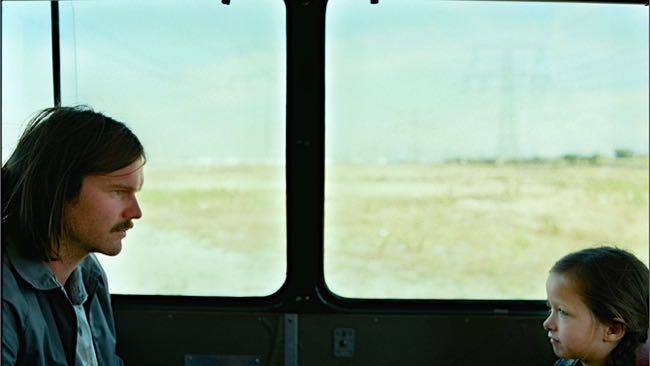
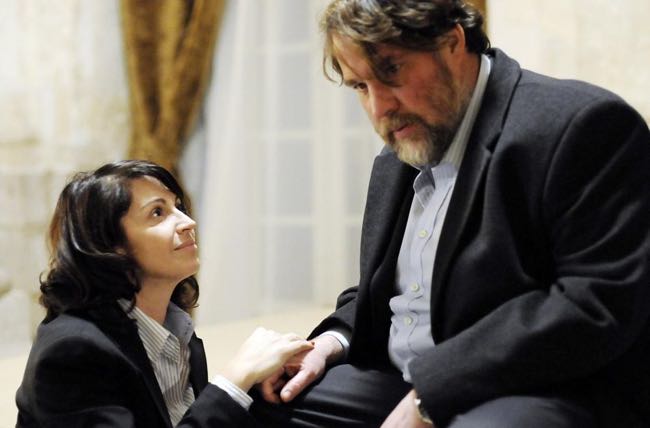
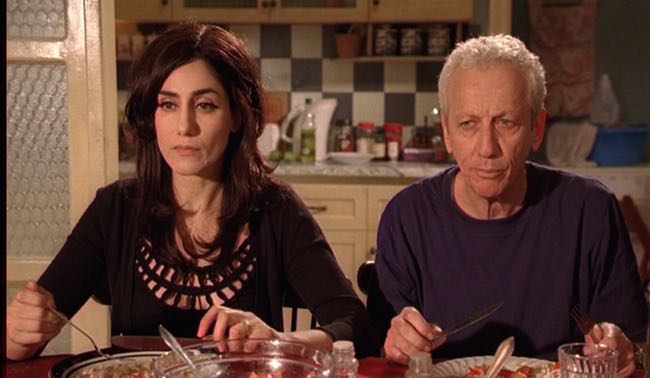

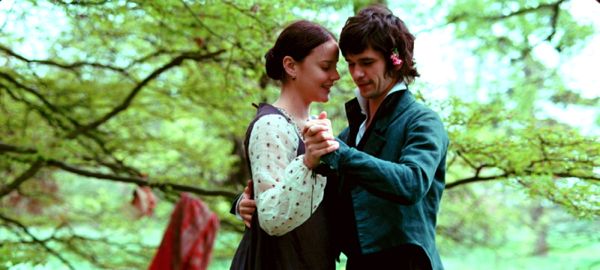
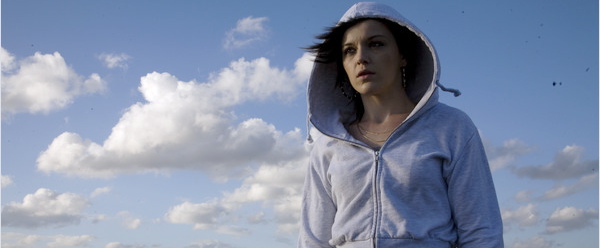
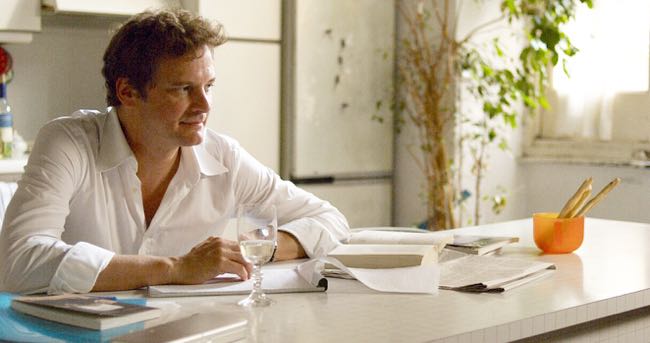
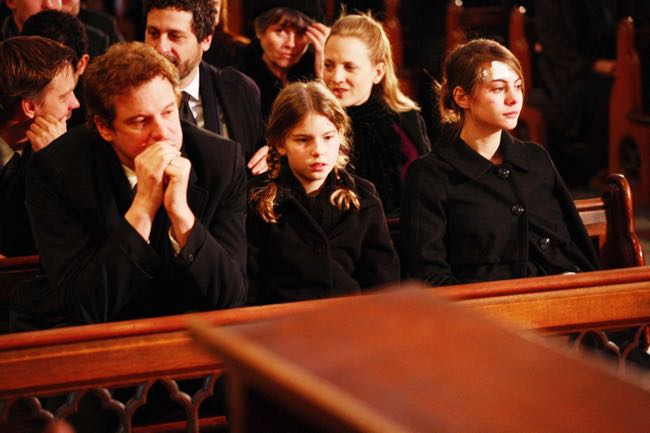

CANNES: Pixar’s animated ‘Up’ and away in 3D
CANNES – Pixar’s 10th movie, “Up” opened the Festival de Cannes on Wednesday and it should prove as popular at the box office as all their other creations. Walt Disney releases ‘Up’ in the US on May 29 but the UK must wait until Oct. 16
The colourful tale of an old man who fulfils a promise to his beloved late wife by going to visit a geological paradise in South America is shot in 3D. It works fine but the picture would probably be just as entertaining without it.
Ed Asner voices the old man, who resembles the older Spencer Tracy, while Christopher Plummer gives voice to the villain of the piece, a mad explorer who resembles latter-day Kirk Douglas. There’s also a kid who looks a bit like the Japanese bloke on “Heroes” and some wonderful creatures including a large bird the kid names Kevin, not knowing it’s female, and a devotedly loyal dog named Dug.
Savvy and sharp, the script doesn’t miss a trick and Michael Giacchino contributes a remarkably spry and appealing musical score to match the clever animation.
It’s very funny all the way through as we see the loving life of the childless couple whose dreams of a fantasy trip are always thwarted by events before the adventure begins. Once the old man, a balloon salesmen, strikes on a plan to take his house to the skies, it’s up, up and away.
Among the clever ideas is one in which a pack of dogs punish Dug by making him “Enter the Cone of Shame”, wearing one of those devices intended to keep pooches from hurting themselves but succeed only in making them look pathetic. The phrase will enter the language on playgrounds and in workplaces everywhere.